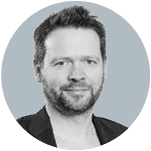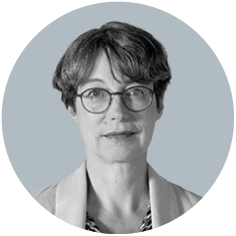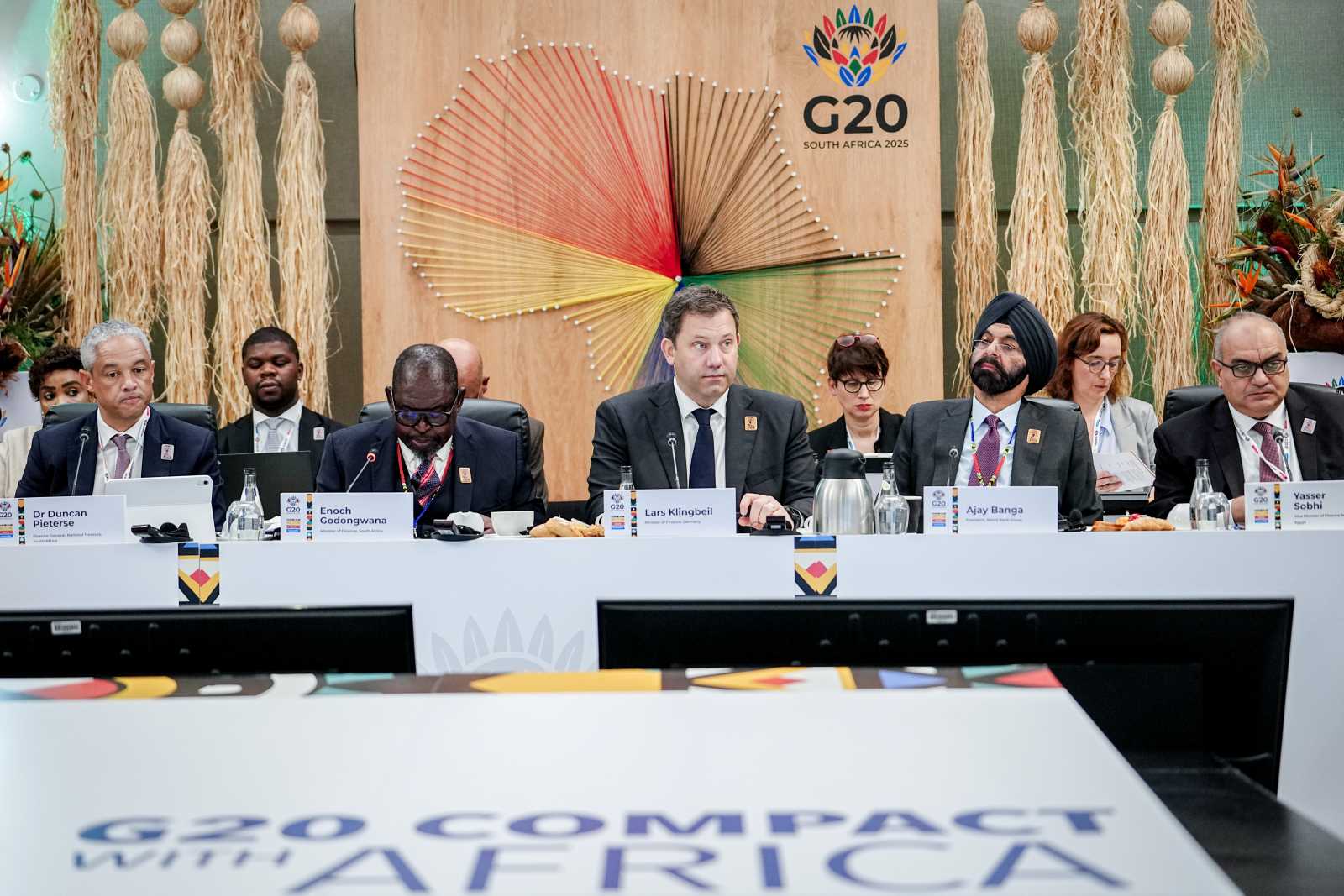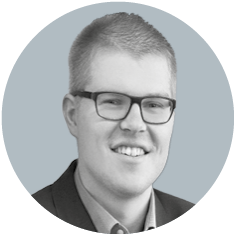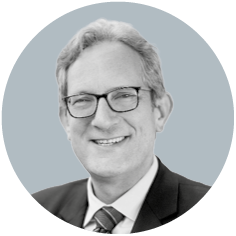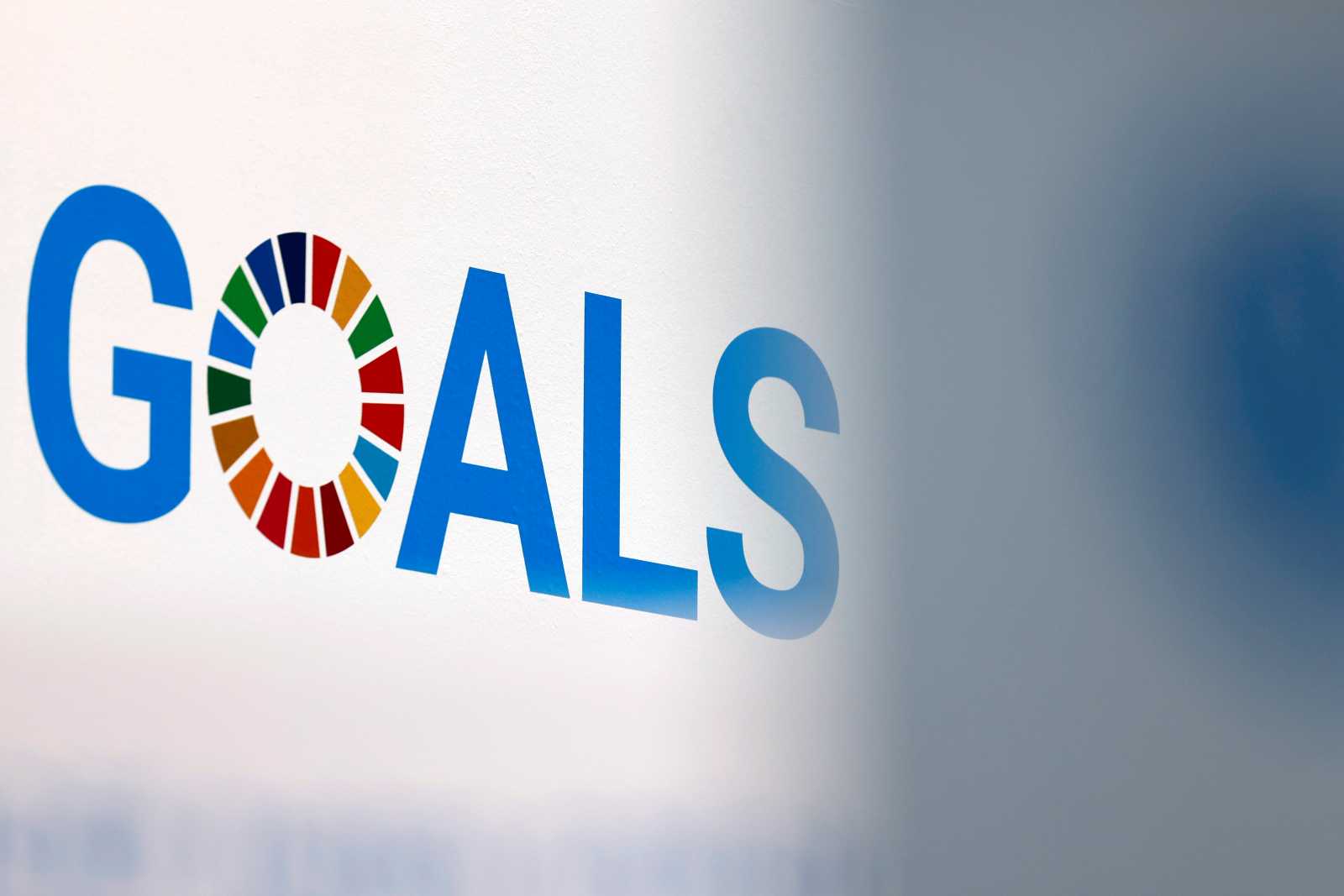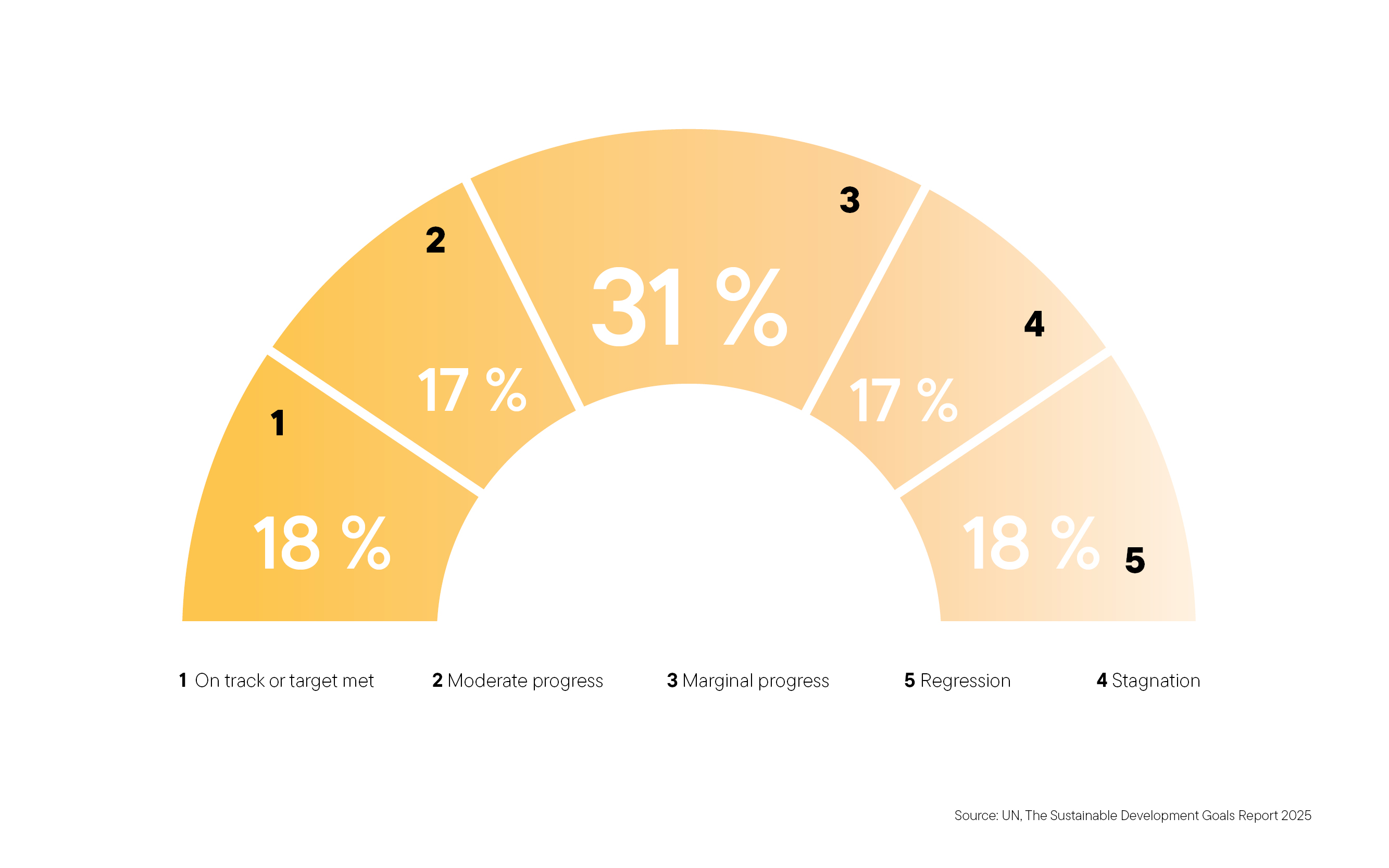Memories
“Germany no longer had colonies”
Interview with Walter Scheel
There’s a story that you took up your work as the new development minister at a table in the cafeteria of the German Bundestag. Is that true?
It is true that the Ministry for Economic Cooperation did not have its own building in the beginning, and we had to wait to get office space assigned. However, I had been a member of the Bundestag since 1953, so I could have held the first meeting in my Bundestag office. But, at the time, I and several other MPs liked to meet in the cafeteria, and so we started discussing policy over a meal. Later, a lady approached me and asked for a job. With a handshake, I appointed her as the first staff member of the new Ministry – to be precise: as the cleaning lady!
It is often said that, in the 1960s, the crucial issue for West German development policy was whether or not a country formally recognised East Germany as a separate country. How did the East-West conflict shape your work as development minister?
The East-West conflict was indeed the dominant issue for me and my party in the 1950s and 1960s. The question of German unity was the subject of very intensive and controversial debate within the FDP, as became evident in strategy papers, panel discussions and so on. Of course, the issue left its mark on our development policy too. We certainly made the distinction between Communist countries and the Western world. Nonetheless, I always worked on the basis of wanting to help suffering people. For example, I cooperated very well with Julius Nyerere, Tanzania’s first president. We often met, got on well and had mutual respect for one another. Nyerere was an advocate of African socialism, of course – but when we discussed our various projects, the focus was always on the people in East Africa, not on the merits of the market economy or political science.
What other criteria mattered to you?
I was interested in two things, and both are of lasting relevance. First, I wanted to create or strengthen freedom for people in need. Second, I wanted to encourage economic cooperation. It mattered to me to pass on Germany’s industrial competence to Third World countries. Accordingly, I was never in favour of aid understood in terms of handing out cheques. I wanted to support shared undertakings, with the idea of everyone gaining from the experience. If the Germans benefited, without reducing the benefits for the other side, so much the better. In the Ministry’s early days, we set long-term switches. The political foundations, which are close to our political parties, were assigned consultancy tasks. And we established the German Investment and Development Company (DEG), which is now part of the KfW Banking Group, and the predecessor to today’s German International Cooperation (GIZ). To this day, these institutions are active throughout the world and they enjoy a great reputation.
In the early sixties, you wrote a book called “Konturen einer neuen Welt” (Outlines for a new world). Which of these outlines do you still see today – and which look outdated historically?
The world has truly changed in past years. Nevertheless, many approaches we took in the sixties still make sense. I already mentioned the issues of freedom and economic cooperation. What has become obvious, moreover, is that the emerging market countries are now modern industrialised economies. Brazil and China in particular come to mind. I often went to Brazil back then. What a contrast to today! And China too is a fascinating example of “Outlines for a new world”. What a nice title, by the way. I am sure I did not come up with it myself!
The EU is now playing a role of its own in development affairs. Was that already becoming apparent during your time in office?
The European idea was only just emerging back then, so it does not make sense to make comparisons with today. Before I became development minister, however, I chaired the European Parliament’s Committee on Development. The dominant issue at the time was how to accompany individual states on their way to independence, particularly independence from the colonial powers. As a German politician, I was well suited to tackle these issues, because Germany no longer had colonies. That is when I started visiting developing countries and assessing how Europe might assist them.
You are the only German politician who has been both development minister and foreign minister in his career. The relationship between the two ministries tends to be tense, not least for party political reasons. How did you find it?
There really was not much difficulty. The early stages were a bit tricky, however, when we had to form the new Ministry for Economic Cooperation (BMZ) out of the development-related divisions of other government departments, and those bodies were reluctant to let go of the relevant divisions. But we had discussed matters in the coalition and ultimately prevailed.
Afghanistan is a country you visited as development minister. Today it probably presents the greatest challenge to all international development agencies. What do you recollect?
Let me tell you a short story, but first I’d like to mention that I still remember the wonderful taste of the grapes I ate there. We were visiting Afghanistan on a very long trip. In Kabul, we met the king in his impressive Darul Aman Palace, and then we continued on to the Khyber Pass and West Pakistan. At night, we slept in tents and experienced the chill of the Hindu Kush. I always kept a pistol under my pillow. One night, I suddenly became aware that somebody had entered my tent. I took the safety catch off my gun, and was about to shoot into the darkness, when I understood what was going on: the warming stone in my tent was being exchanged. Times were truly different back then.
In your opinion, what issues will be particularly important in global affairs in the future?
I would prefer you ask our capable Minister Dirk Niebel. But I’ll tell you something on the subject from the perspective of a very old man. Among ourselves, we old people often discuss natural disasters. I notice that it is something we keep coming back to. And I am convinced that natural disasters are one of the major challenges in the future of development affairs. Fukushima was just a small example. The current hunger crisis in East Africa has completely different causes and impacts, of course, but the point is that this drought is even more severe that what people knew in the past. Even though you probably know I am a hopeless optimist, I cannot hide this kind of worry.
Will the BMZ still exist in another 50 years’ time?
Well, I certainly hope so, though it would also be possible to consolidate competencies and give the ministry a different name. What there certainly will still be in 50 years time is a strong base for German policymaking on development issues. We can be very proud of what was achieved, and I predict that, in 50 years, people will look back just as proudly on 100 years.
Questions by Hans Dembowski and Peter Hauff.

